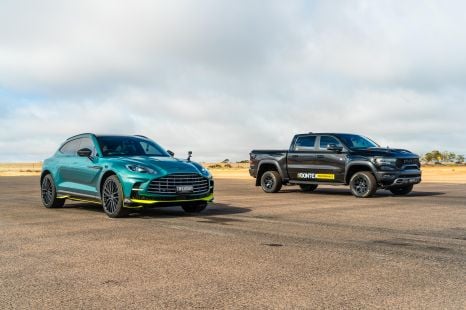

Paul Maric
1200hp RAM TRX vs Aston Martin DBX707 drag race
1 Month Ago
The Volkswagen Group has revealed plans to develop its own software platform, VW.OS, for its future vehicles.
The announcement comes on the back of several software troubles disturbing the rollout of the Mk8 Volkswagen Golf and ID.3 electric hatchback in Europe.
The new open-source Linux or Android software and platform will be used to drive infotainment systems, artificial intelligence and machine learning, automated driving, how electric vehicles manage their batteries, and more.
Just 10 per cent of the software used on Volkswagen vehicles is currently based on an in-house platform. It wants to increase that figure to 60 per cent by 2025.
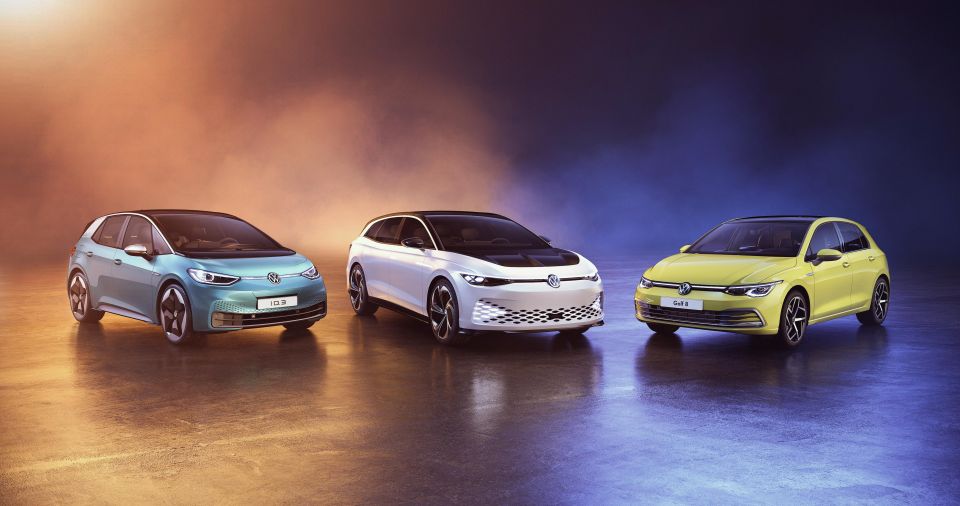
VW.OS will be universally used across the Volkswagen Group, including Volkswagen, Seat, Audi, Porsche and Lamborghini – instead of each brand having its own software systems.
The transition will start this year on Volkswagen’s electric MEB platform including the ID.3 hatchback and forthcoming ID.4 crossover SUV, then roll out on the high-performance PPE EV architecture in 2022, and finally all platforms by 2025.
It will also use Linux’s Realtime OS or Google Android’s Infotainment OS, both of which are open-source.
This means developers and researchers can see components of the underlying source code in VW.OS, then tweak or develop applications for the platform to invite potential partnerships.
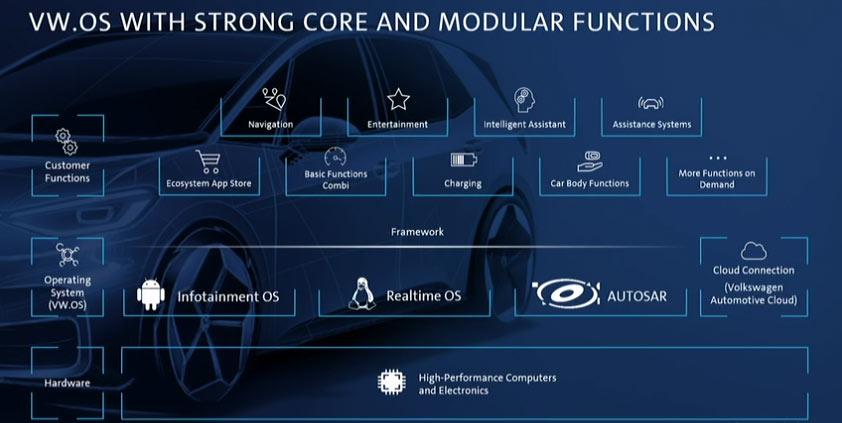
The Volkswagen Automotive Cloud will be critical to VW.OS’ functionality, connecting the vehicle with Internet-enabled features and updates.
The development team will work in the newly established Car.Software division unit. It launched in January, has a US$8 billion budget, and currently employs around 3000 software experts.
Car.Software CEO Christian Senger explains Volkswagen aims to increase that number to more than 5000 by 2025.
“Volkswagen wants to retain control of the entire vehicle architecture – that includes the electronics,” Senger says.
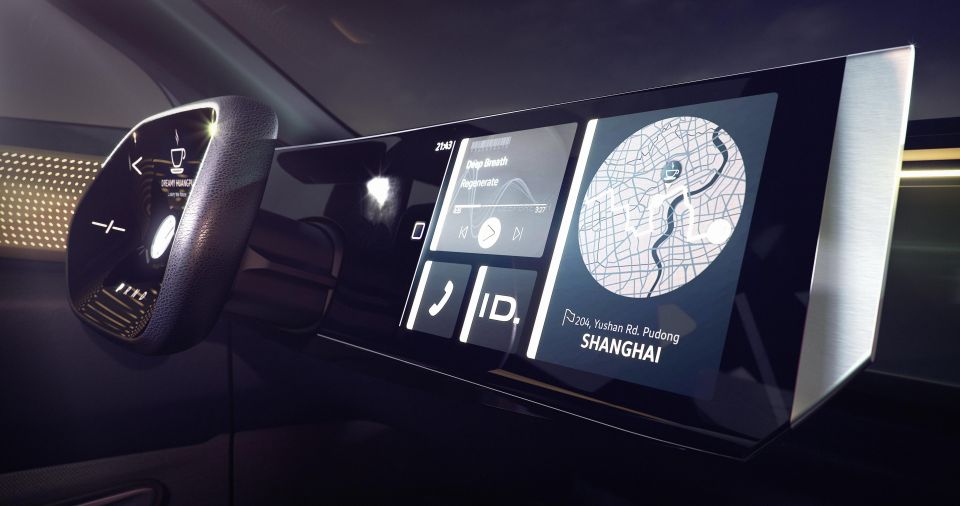
“For this reason alone, we cannot give third parties complete access to data in our vehicles. Future digital value creation should remain within the company.
“Software develops its potential with the increasing number of vehicles. This applies to cost advantages, but also to learning from data.
“In the future, a Polo, Tiguan or Golf will become even more a part of the digital life of our customers: fully connected and always online… The software must be efficient, stable, secure, and get regular updates from the cloud.
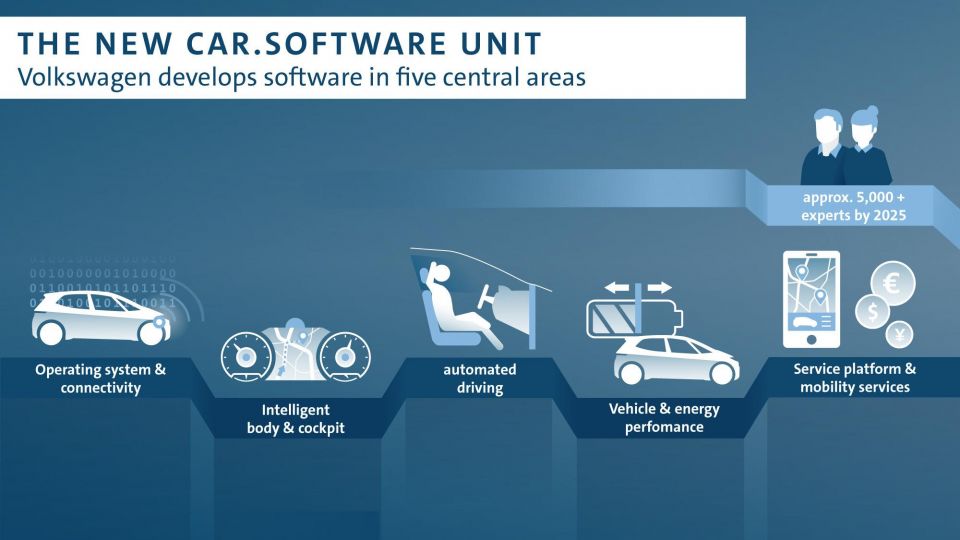
“The main burden today is the connection between hardware and software. Just one example: currently, up to 70 control units operating with software from 200 different suppliers must be networked in a T-Cross, Arteon or Touareg.
“We devote a large part of our energy to technical integration and rely very much on the developments of third parties. For the future, this is not efficient. We need to be the ones who develop the software, set the standards and make them available to all brands and suppliers,” he argues.
Despite this, Senger admits that other automakers have development partnerships with large technology companies or focus on vehicle manufacturing and buying additional software, instead.
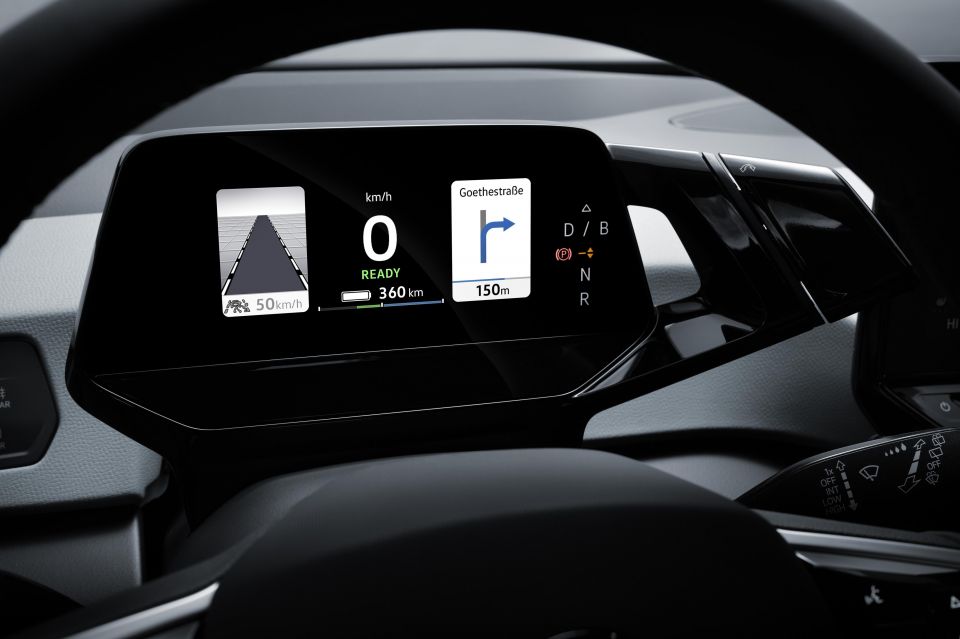
The development of VW.OS aims to compete with the likes of Tesla’s open-source Linux software, Volvo’s upcoming Android Automotive, and more as automakers are becoming more technology focused with the advent of electrification and autonomous driving.
Where expert car reviews meet expert car buying – CarExpert gives you trusted advice, personalised service and real savings on your next new car.


Paul Maric
1 Month Ago
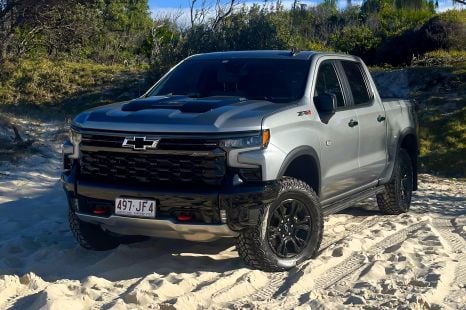

William Stopford
1 Month Ago
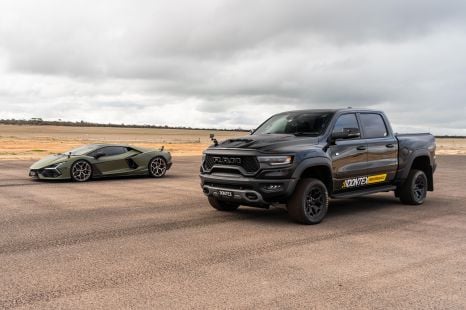

Paul Maric
21 Days Ago
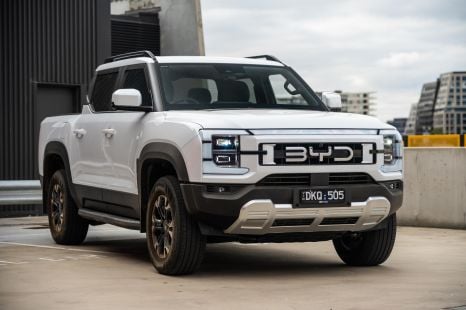

Max Davies
15 Days Ago
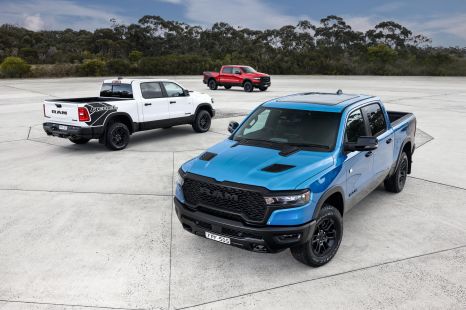

William Stopford
11 Days Ago
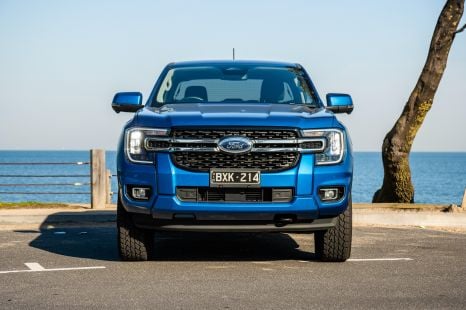

William Stopford
10 Days Ago